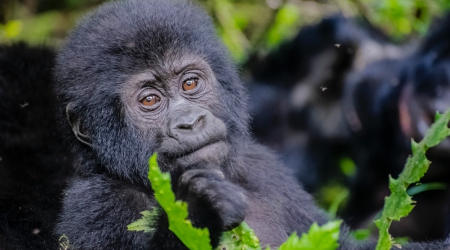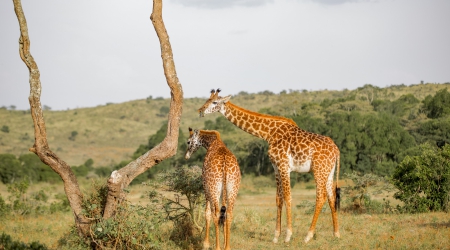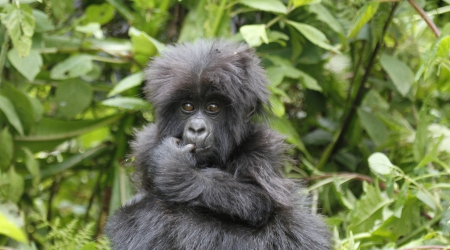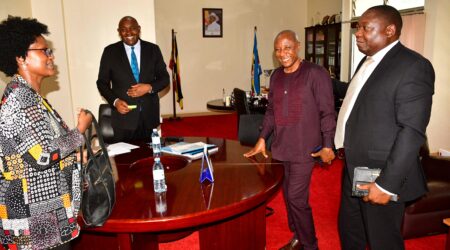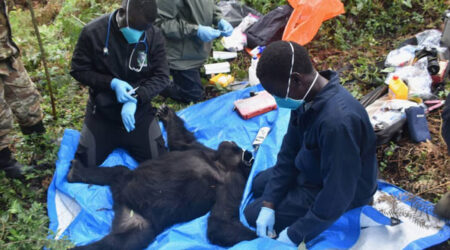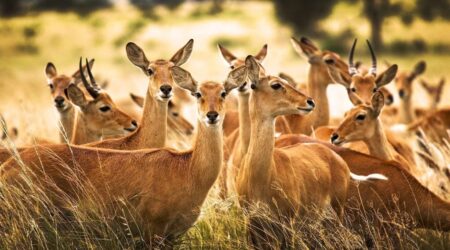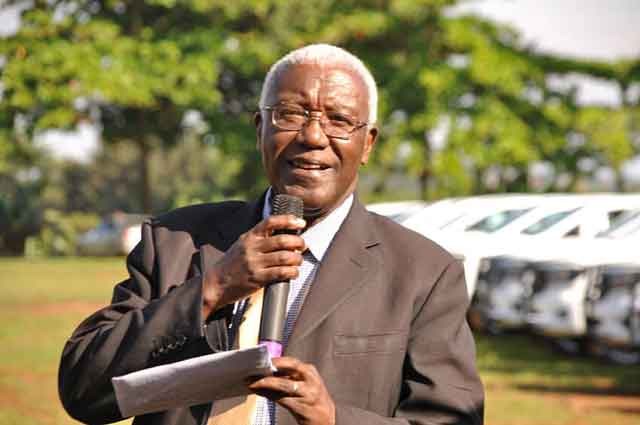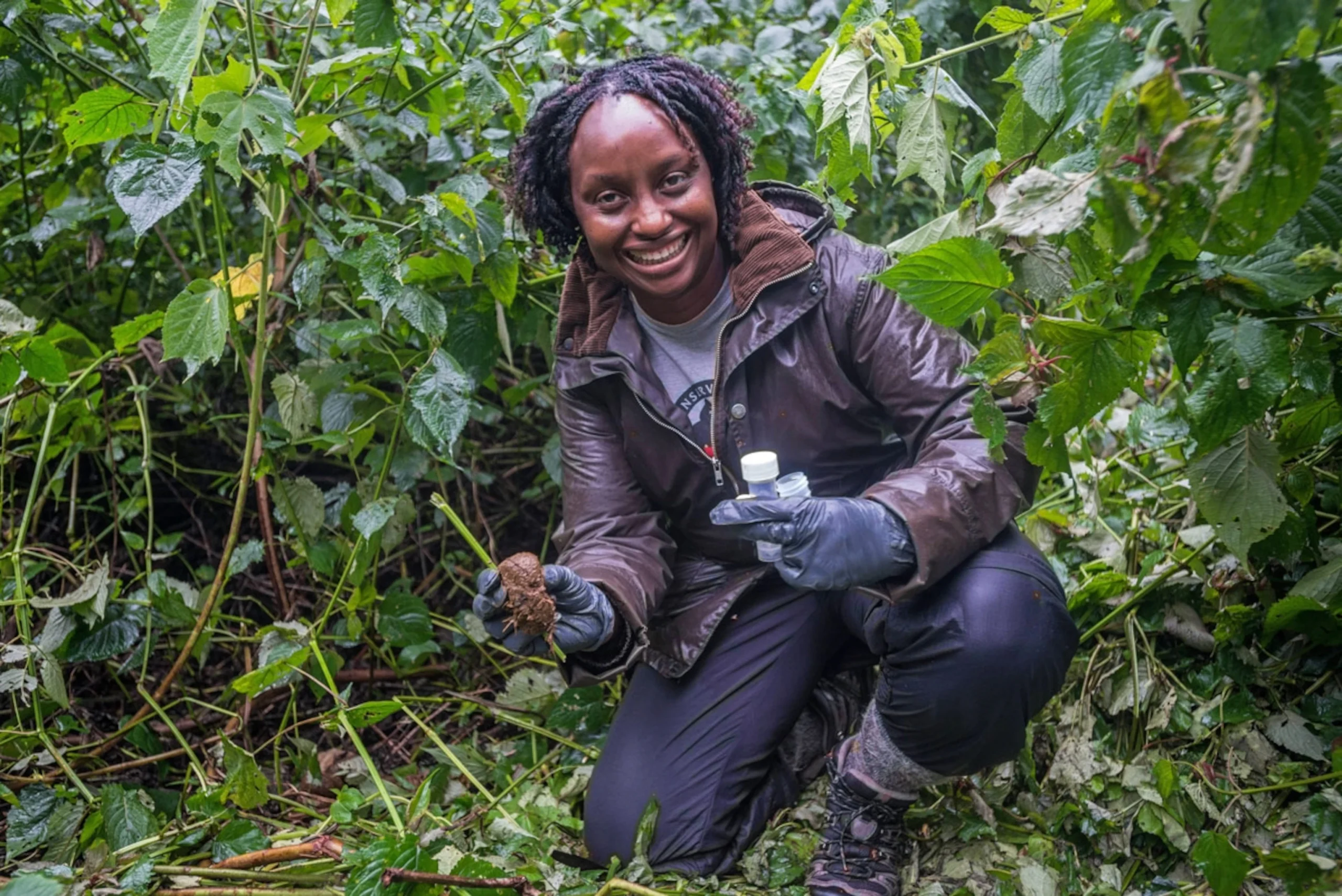Within Queen Elizabeth National Park, (UWA) has identified the phasing out of 11 human settlements as the only long-term solution to the persistent human-wildlife conflict in the area. Queen Elizabeth national park is the second largest and oldest park in Uganda from Murchison falls national park covering an area of 1,978 sq. Km to 3983sq.km respectively. The park encompasses 11 enclaves, including fishing villages such as Katwe, Hamukungu, Kazinga, Kasenyi I and II, Kashaka, Kayanja, Kahendero, Rweshama, and Katunguru. During Uganda safari, visitors are advised to explore Uganda the pearl of Africa due to its amazing unique gorillas, chimpanzees ,mammals , birds ,nature walks, cultural encounters and many more.
A significant challenge faced by human settlement.
- Loss of human lives.
- Property damage.
- Retaliatory killings of animals.
The coexistence of human settlements and wildlife within the park has become increasingly unsustainable, prompting UWA officials to propose the removal of these communities despite being recognized by UNESCO as a man and biosphere reserve.
The population in these communities over time has grown to an estimated 60,000 individuals, escalating competition for resources between humans and wildlife.
Solutions implemented to mitigate the conflict of human settlement.
- Electric fencing.
- Revenue-sharing programs
- Beekeeping initiatives
The UWA communication manager Bashir Hangi addressed the challenges posed by human settlements within the park. However, UWA asserts that permanently relocating these communities remains the most effective solution.
“The close interaction between community members and wildlife not only hampers conservation efforts but also enables poachers to disguise themselves as locals, resulting in further harm to the park’s wildlife.” He added.
Hangi emphasized the inevitability of ongoing conflicts due to the growing populations and resource demands on both sides while acknowledging the effectiveness of existing interventions. He stressed the importance of relocating these communities, as fencing the entire park would be impractical and compromise its natural integrity.
He explained that in some parts, people are growing maize and rear domestic animals for their livelihood, and these same things attract animals to eat. We can not fence the whole park and make it like Zoo, the fencing is only for the most problematic hotspots. But with all this, the best solution would be getting these people out of the park.
The Assistant Tourism Warden of Queen Elizabeth National Park Steven Nyadru echoed these sentiments, noting how fishing communities have expanded beyond their initial purpose, encroaching on the park’s core objectives.
He added saying that the aim was just to fish and take fish out of the park, but now where we have reached, from fishing villages we have got parishes now, some are sub-counties, and others have developed into town councils. With this increased population, they are also bringing cows to graze, which become prey to the predator in the park, and the communities retaliate.
The chairperson of Rutooke cell Andrew Mateera opposed the idea of community displacement, citing a long history of coexistence between villagers and wildlife. He noted the positive impact of recent interventions such as electric fencing and revenue-sharing programs, which have improved relationships and reduced incidents of conflict.
He explained that the revenue collection-sharing has improved the quality of our lives and now slowly people are no longer poaching. With this, I don’t see why one should think of getting out of this place where our great grandfathers are buried.
A former poacher and leader of the Lake Katwe United Bee Keepers’ Association Chris Kaseke attested to the transformative power of initiatives like beekeeping, which have provided alternative livelihoods and incentivized conservation practices among community members.
He added saying that he was born and raised as a poacher, beekeeping has helped him to reform, get an income for his livelihood, and his not alone, many young people are being reformed. For example, they started as 15 people in 2015, but now the association has up to 120 members.







